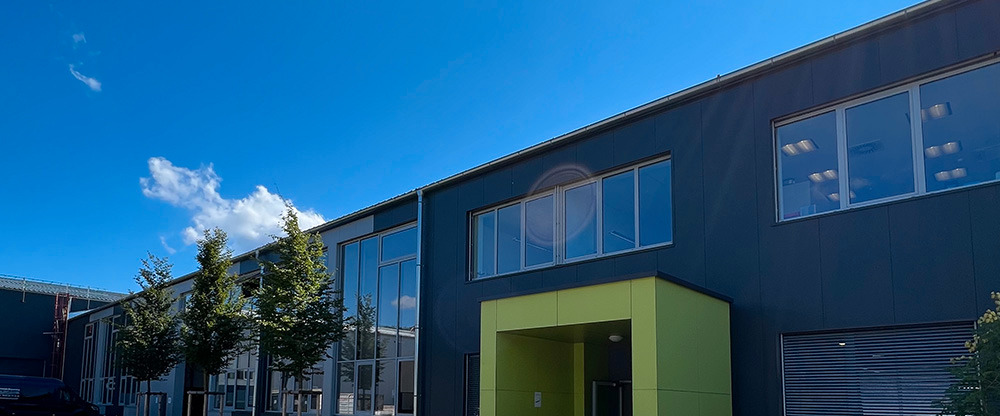Increase customer value through a structured approach to innovation
At the Kindberg site, the R&D department was expanded to include innovation.
At the Kindberg site, the R&D department was expanded to include innovation.
In 2006, the Research and Development department was established at TQ under the abbreviation TQF. Starting with two employees, personnel and resources were gradually built up.
In 2008 the department was handed over to Dr. Jürgen Klarner. The department was increasingly shaped by the growth in content and the development of resources. He advocated the creation of a strong network of people with different expertise that would create a large pool of knowledge through cooperative partnerships.
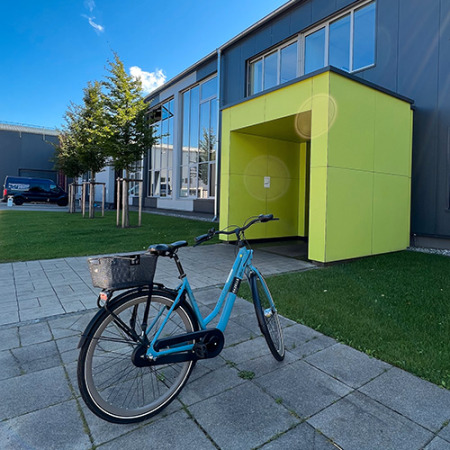
In 2012, the test center became operational.
In 2013, the most important event took place when F&E was elevated to the first operational level. Thus, F&E was finally born as a department.
In 2023, the department was renamed from R&D to RDI in order to give innovation the respect it deserves today and to make innovation management more visible both internally and externally.

Jürgen Klarner, our leading head in RDI, has recognized the importance of innovation and emphasizes the importance of a structured approach to project management, especially in the area of cross-functional projects.
The structure of RDI encompasses R&D Project Management, R&D Tasks & Projects, and Innovation Management. The department provides a holistic framework for the promotion of innovation and ensures that the company remains true to its slogan "one step ahead". This structure is designed not only to improve the organization's ability to innovate, but also to better support and connect the people behind the scenes. Ultimately, it takes into account the interdisciplinary nature of innovation projects and recognizes the invaluable contribution of each individual to the achievement of the overall goal.
It was important for us as a company to be able to bundle, document and plan all innovation projects at the site in a central location. This not only makes the projects more efficient, but also makes them more visible.
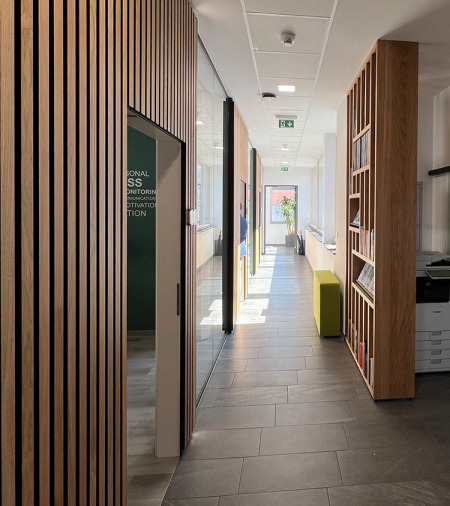
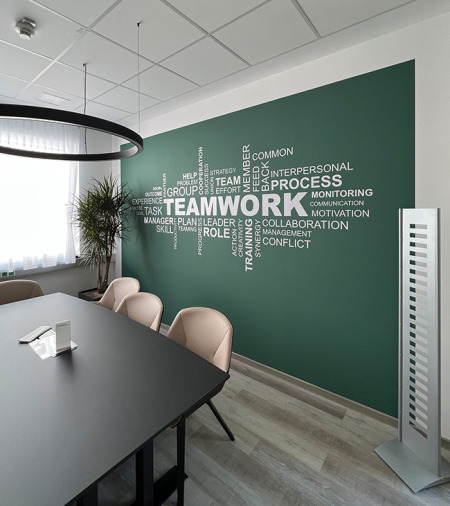
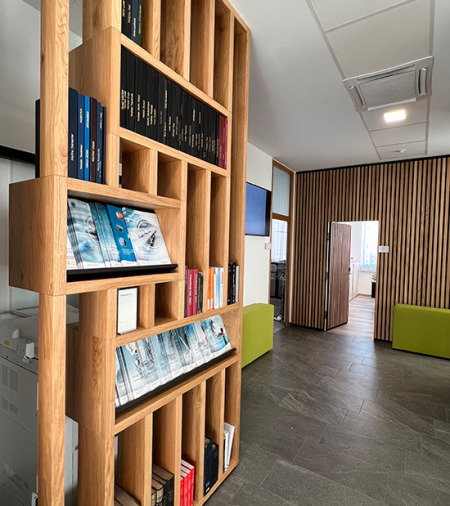
An essential part of innovation management is the transfer of requirements from product development to our production processes and technologies. It is therefore closely linked to process development, either as an adaptation of existing production processes or as the development of new process technologies. As an example of the innovations implemented, the "ECP" project is briefly described below.
The "Electrochemical Phosphating" (ECP) project has evolved from a concept to a remarkable process, leaving an indelible mark on the landscape of technological progress - an impressive testimony to innovation and tireless commitment.
Once the test facility had been set up at the Technikum Kindberg, all process influences on the product properties were examined and analyzed for the first time. The findings and in-depth knowledge gained were used to develop and optimize the system and implement it in the production process. In cooperation with the Donawitz students from the FG department and the extensive knowledge of Dr. Breyner, the plant was implemented.
Thus, the ECP project went through the entire process from the task - to the idea - to the innovation - to the finished process.
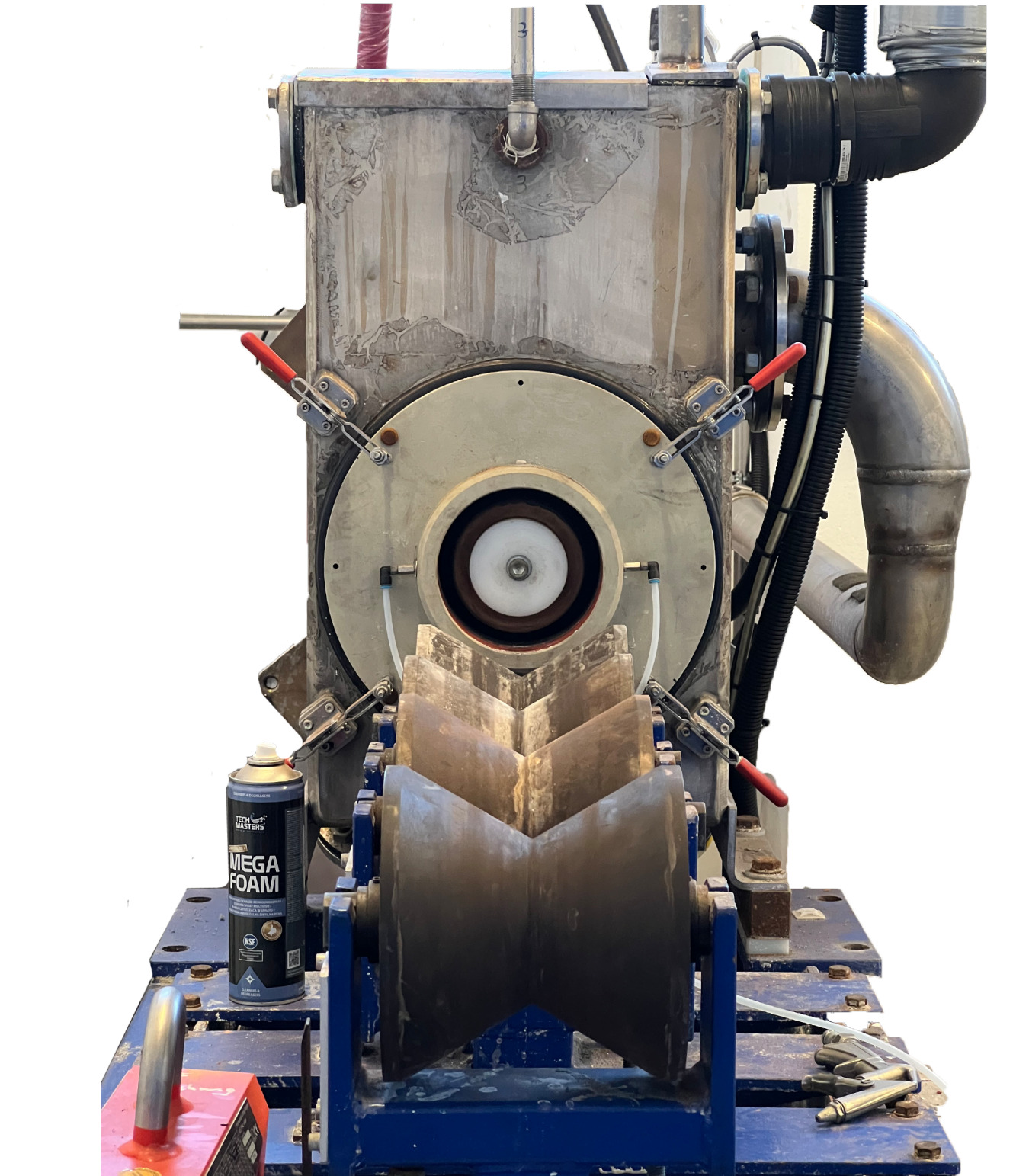
As a local interface between experts and innovative solutions in each organizational unit, RDI plays an important role in orchestrating collaboration and knowledge sharing.
This collaborative approach fosters an innovation-friendly environment and ensures that the company stays one step ahead.
By linking product development and process improvement, we create an optimized environment to achieve outstanding results.
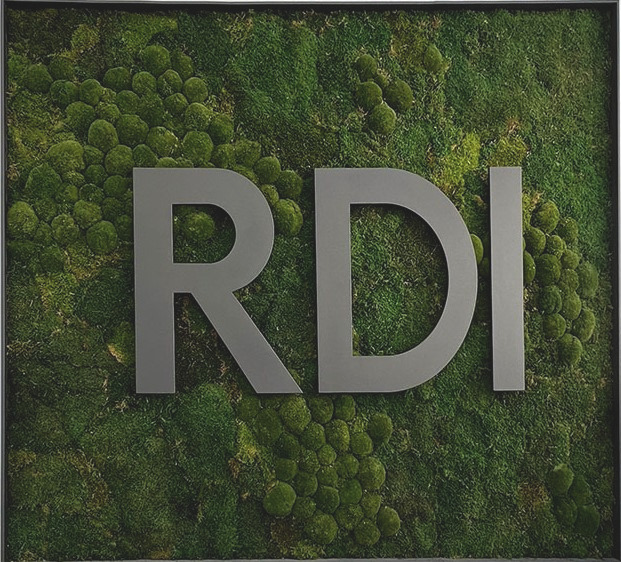
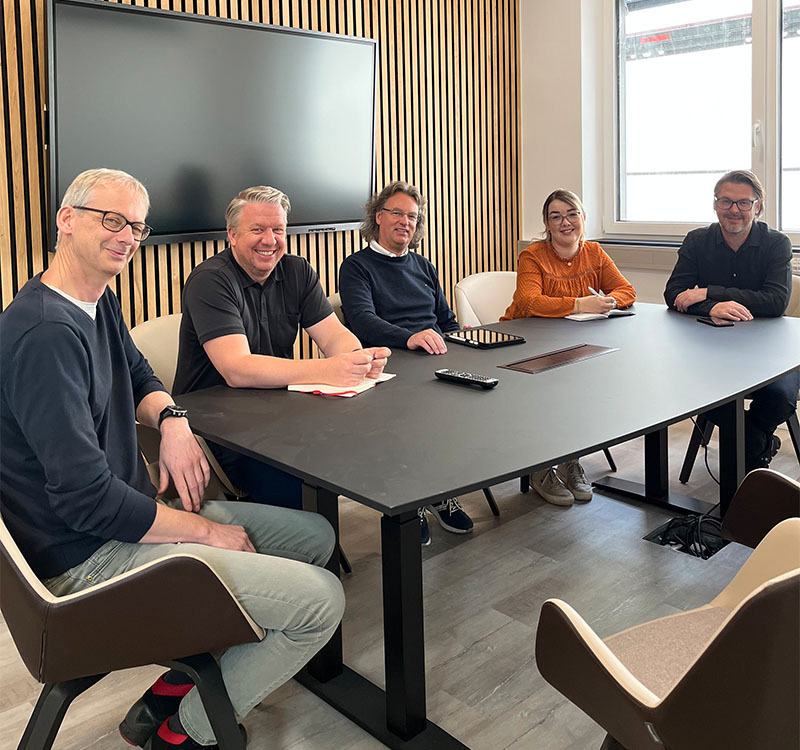
One of the key aspects of effective innovation management is the integration of new processes, especially in emerging areas such as hydrogen or decarbonization. By aligning the company's innovation management with these emerging areas, you can stay ahead of the curve and drive change. In addition, the focus on knowledge management and the exchange of information between experts from different areas ensures that the organization is well informed and remains adaptable.
Manuel Zangl is responsible for coordination and structured project planning in the RDI Innovation Management department.
In his position, he acts both as a coordinator and as a supervisory body in order to grasp the complexity of the various topics and to divide them up correctly. The right way to deal with the large amount of information is crucial. As with project management, he works in the background as a local interface between the specialist experts in the individual areas.
Innovation is usually the result of good planning and awareness of the problem to be solved. By developing F&E into RDI, the location's innovations, which were already present before, receive greater recognition.
